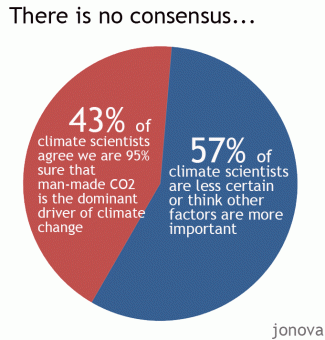Despite What The Media Says, Video Games Don't Cause Violence And Aggression
The answer to a question that has been asked for many years.
Often at times when a young teen (usually a male) commits an act of violence such as a school shooting, people try to blame the tragedy on violent video games and other forms of media. What I'm here to argue is that violent video games do not cause violence among children. The one question that needs to be asked, though, is where this blame is coming from, and my answer is the media who distributes this claim to society.
Although there may be some valid arguments as to why violent video games lead to aggression that can turn into potential violent behavior, there is plenty of research that proves that violent video games do not contribute to aggression as much as the opposing view tells you. Right now, there are thousands upon thousands of children who play video games every day and don't become aggressive and violent. In instances such as school shootings, people love to steer the conversation away from topics like gun legislation, which is generally how the NRA prefers things. It's less pressure on their department and more questions and pressure on departments such as The Entertainment Software Association.
The ESA is a U.S. association representing companies that publish computer and video games. The NRA is the National Rifle Association of America, a U.S. nonprofit organization that advocates for gun rights. In 2012, after a shooter killed 20 children and six faculty members at Sandy Hook Elementary School, NRA president Wayne La Pierre said, "There exists in this country, sadly, a callous, corrupt and corrupting shadow industry that sells and sows violence against its own people."
He was talking about video games, not the gun industry.
Most of the time people who blame video games for being the cause of these problems don't play them themselves. According to a study the researchers at the University of York performed with more than 3,000 participants, video game concepts do not "prime" players to behave in certain ways, and increasing the realism of violent video games does not necessarily increase aggression in game players. Another study corroborates the ongoing body of evidence that being good at video games plays an important part in our cognitive development and improves our ability to learn new things.
An article from Psychology Today states, "after surveying over a thousand 14- and 15-year-old adolescents of both genders and their parents in Great Britain, the researchers found that teenage gamers who played violent video games did not exhibit higher levels of aggressive behavior than age-matched peers who didn't play violent video games." This evidence along with the numerous other arguments provided suggest that violent video game play does not have a detrimental effect on levels of aggression.
In the future, video games will become more and more life-like and violent, which will inevitably cause people to question whether teenagers playing such games might become more aggressive. I just only hope for one day when people will examine the value of gaming in an open-minded manner and put all options on the table instead of one.


































